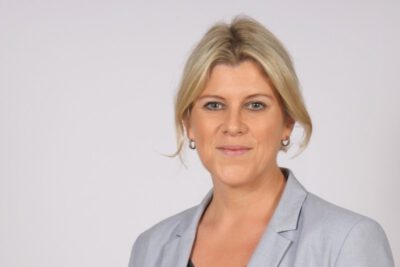conneCT CF
The aim of the project is to increase the individual adherence of patients with cystic fibrosis (CF, cystic fibrosis) on the basis of continuous telemonitoring and coaching in order to achieve a reduction in exacerbations and hospitalizations as well as an improvement in the quality of life. In addition, the strain on patients and their relatives caused by the time required for therapy shall be reduced.
In Germany, approximately 8,000 patients are affected by CF, an incurable genetic disorder. This rare disease affects the function of various organs, such as the liver, lungs and pancreas, and often causes irreversible damage in progress of the disease. The treatment of CF, which consists of daily inhalation and medication, is associated with an immense time investment on the part of those affected. As a result, only 30 to 50 percent of CF patients consistently comply with the therapy.
Patients with CF receive individual coaching to increase adherence, depending on their telemedically monitored therapy compliance. At the same time, telemedicine-enabled home spirometry is used to monitor the patient’s state of health (lung function). The attending physicians receive not only regular reports in preparation for an upcoming visit, but also indications of any deterioration via an alarm feature. This enables the physician to intervene at short notice with the aim of preventing a deterioration by adjusting the therapy. An integrated video consultation is available for this purpose, which can also be held at the patient’s request. In addition to the low-threshold intervention option, the video consultation also serves as a form of relief for patients and their relatives.
Methods
A randomized controlled trial (RCT) will be conducted to evaluate the effectiveness of the project in terms of treatment adherence, quality of life, and health status. Due to the nature of the intervention (coaching, video consultation), blinding is not feasible for either patients or physicians. Qualitative interviews with physicians, patients and their relatives as well as a health economic evaluation will be conducted in order to quantify and demonstrate the potentials of the improvement.
Funding
The project is funded by the Innovation Fund over a period of 3.5 years with an amount of ca. 3.8 million euros.



